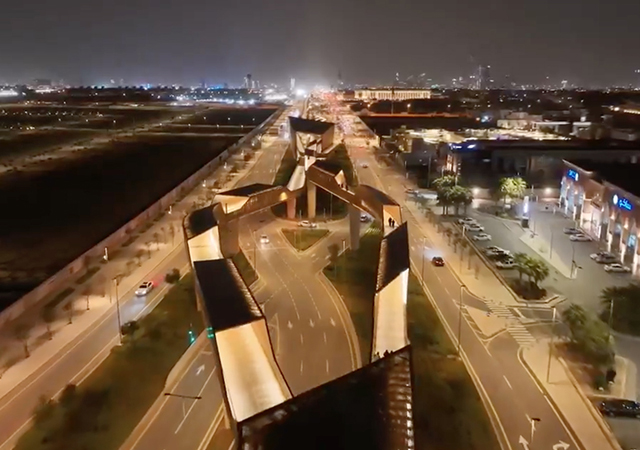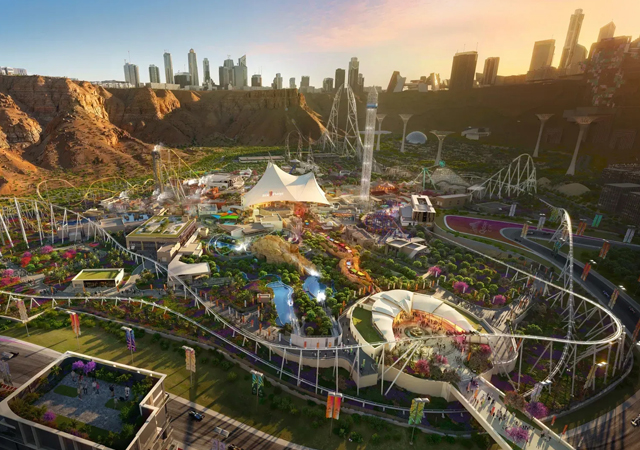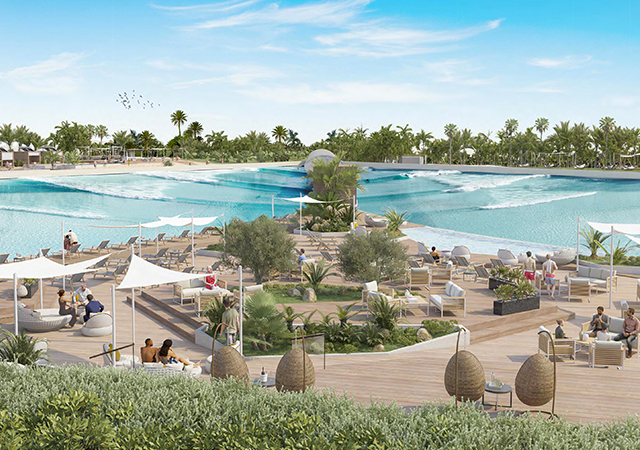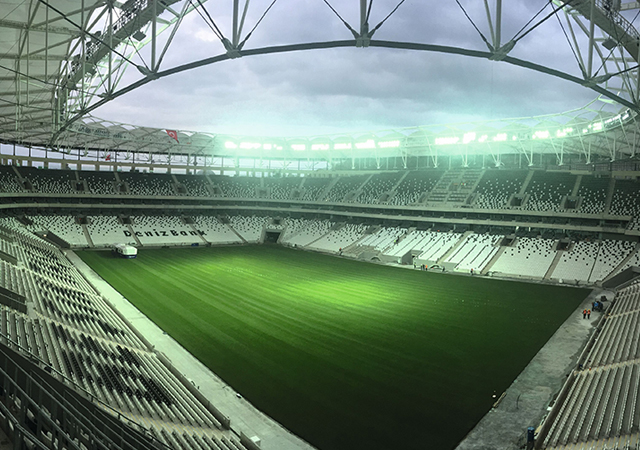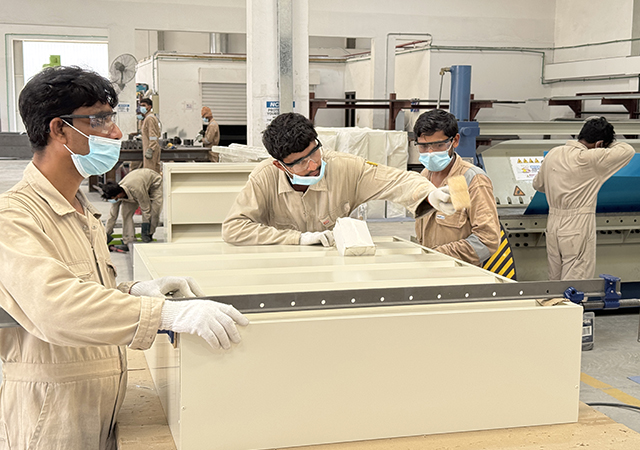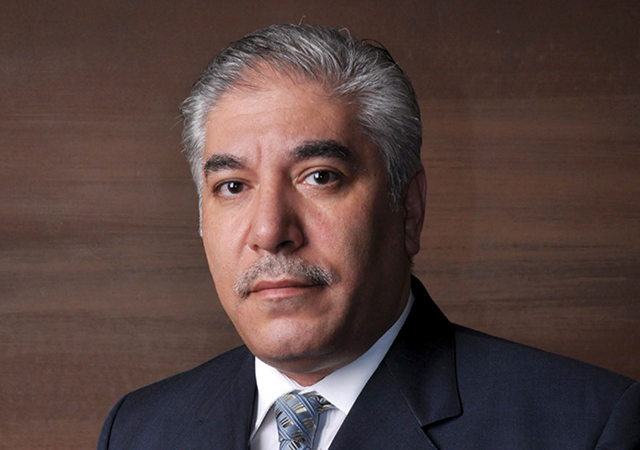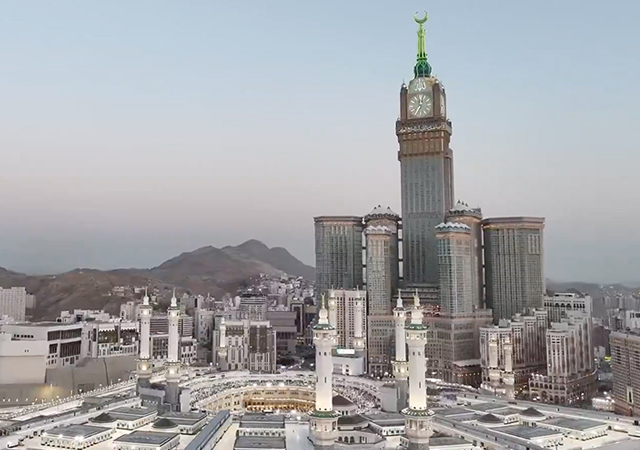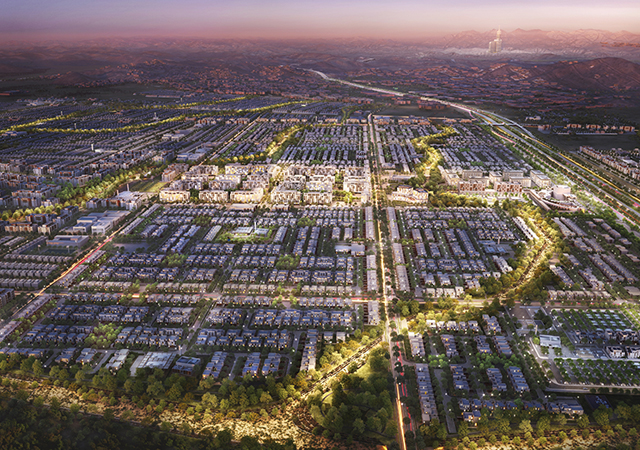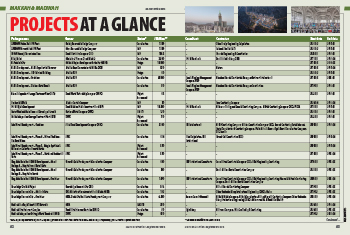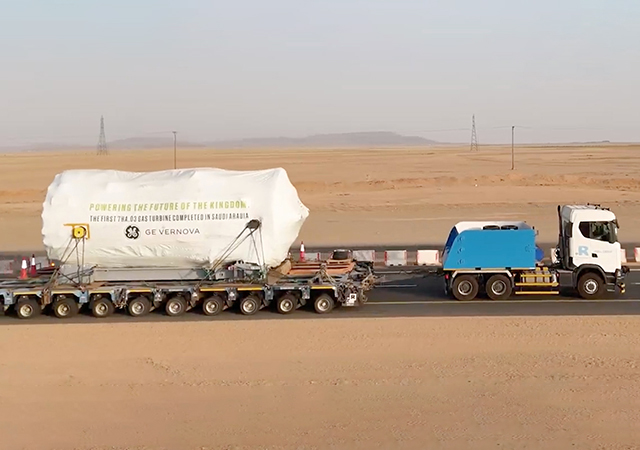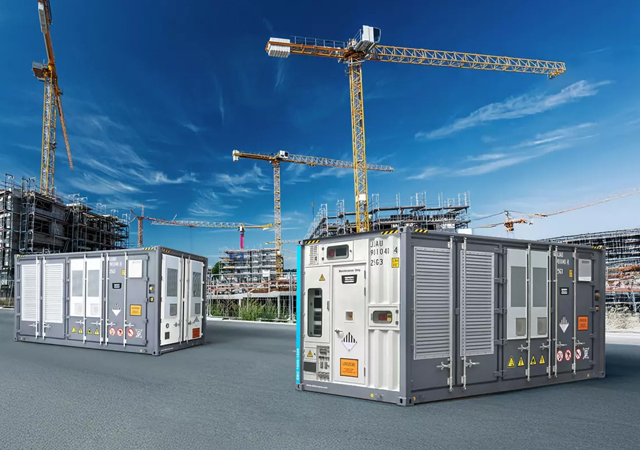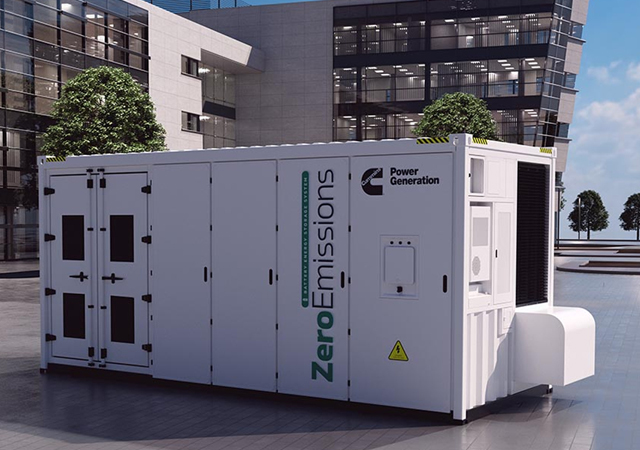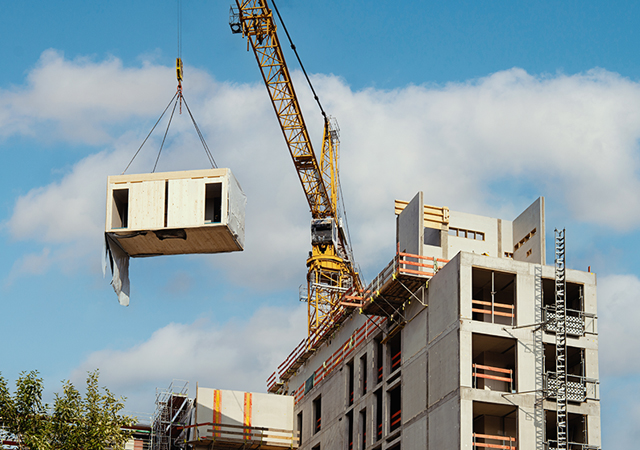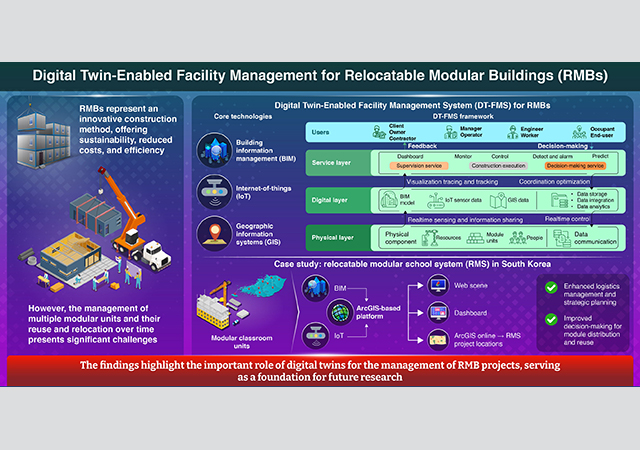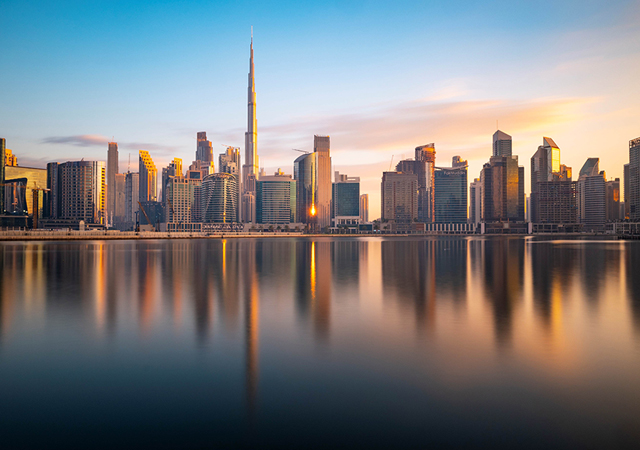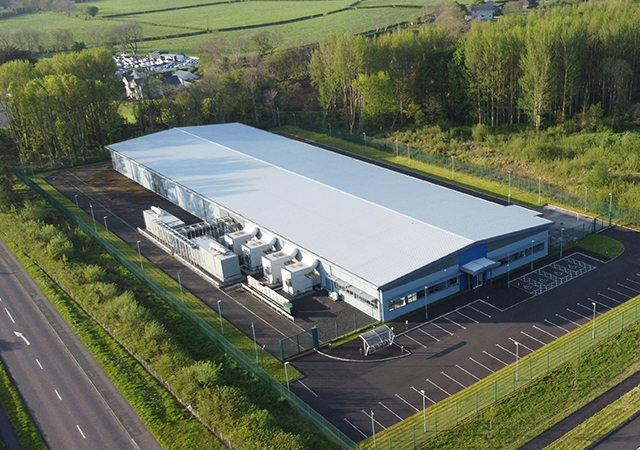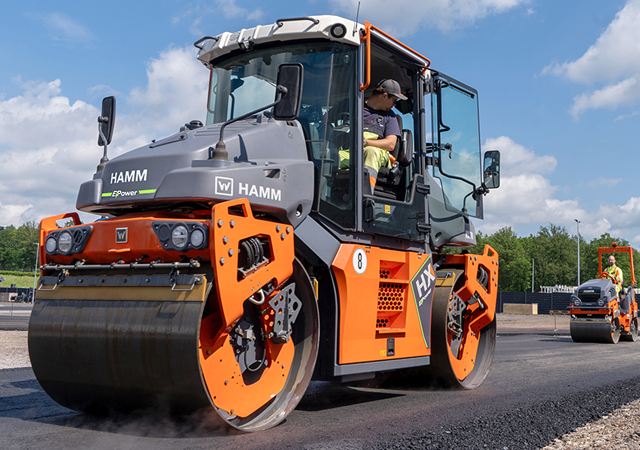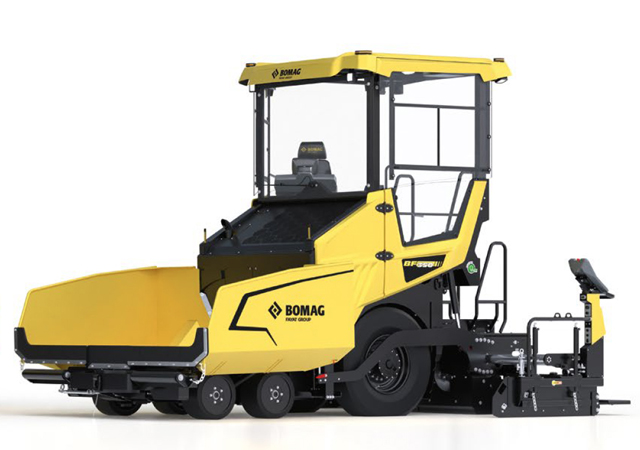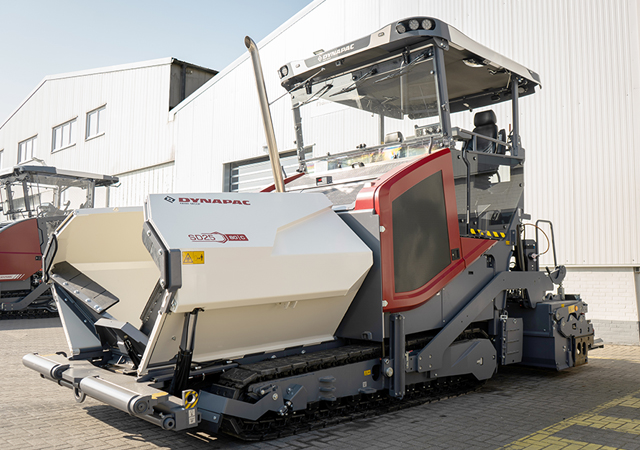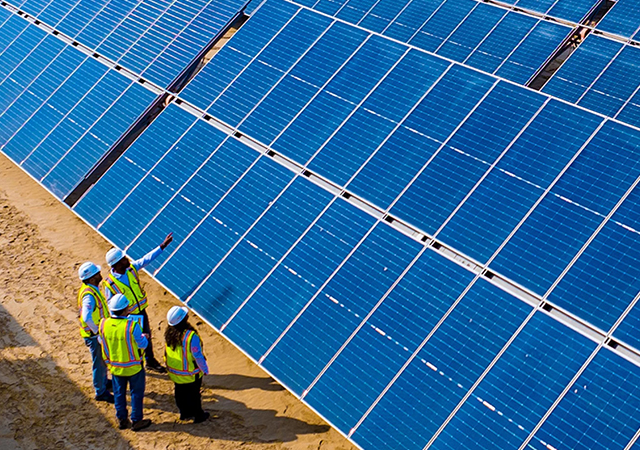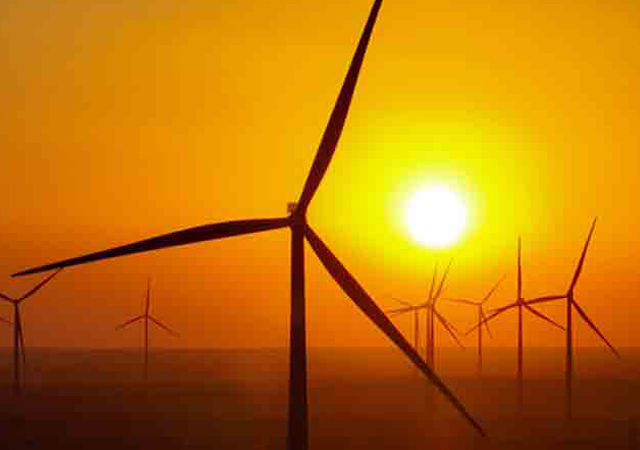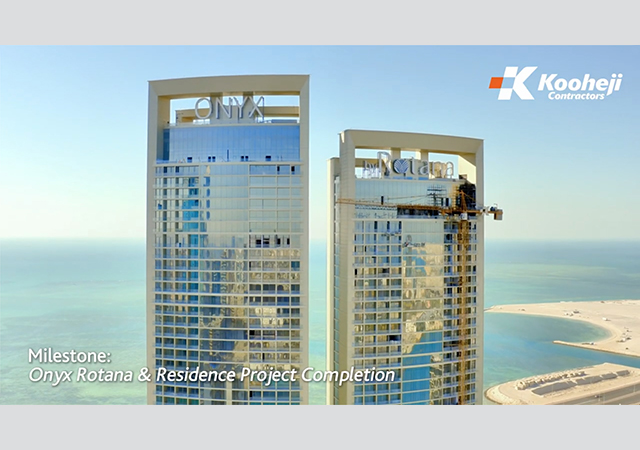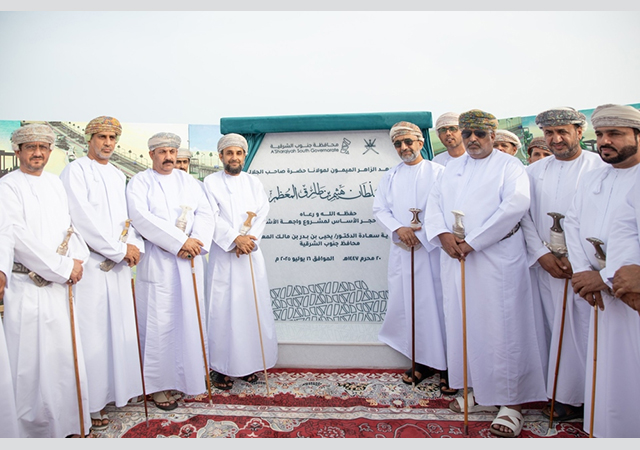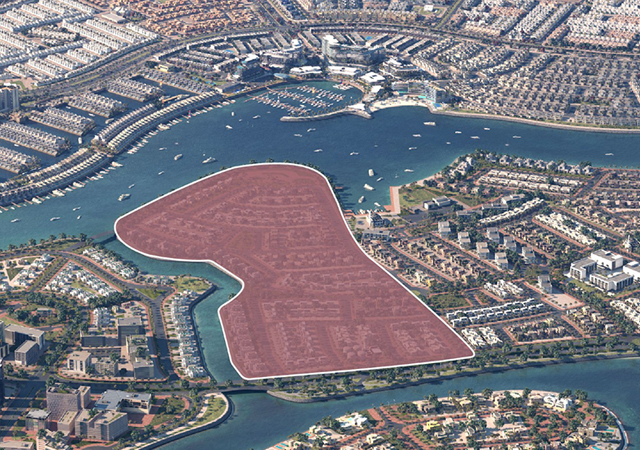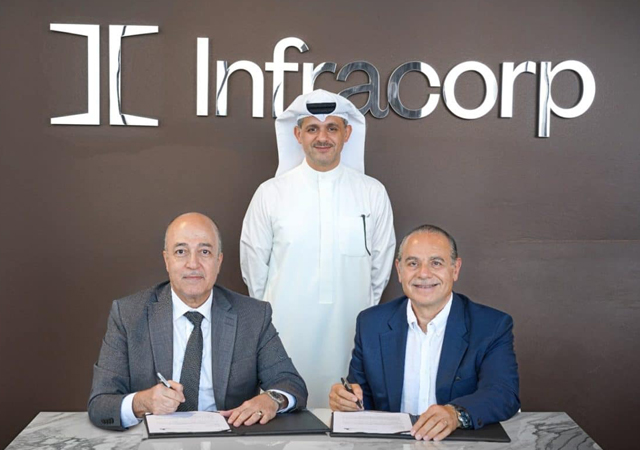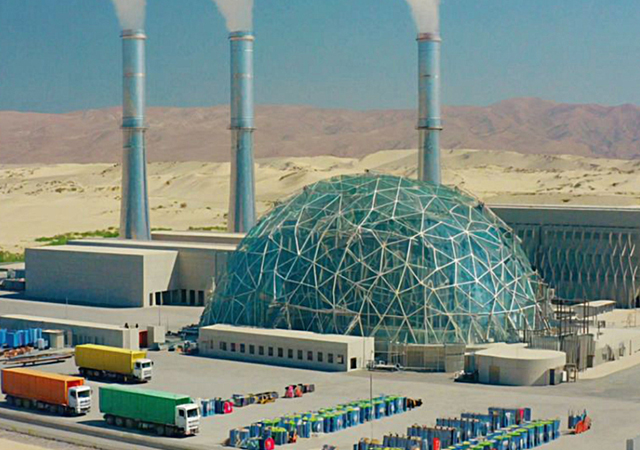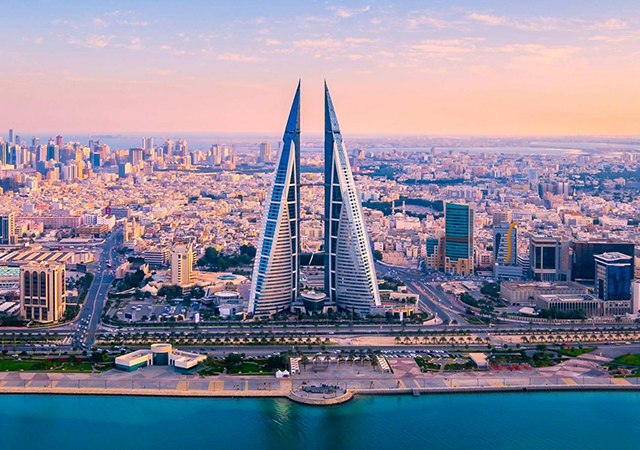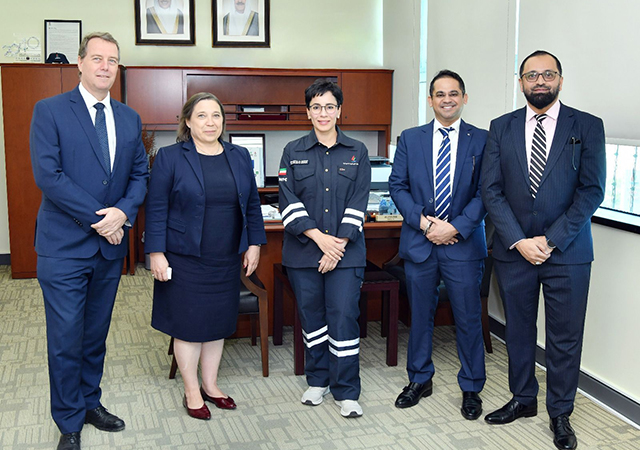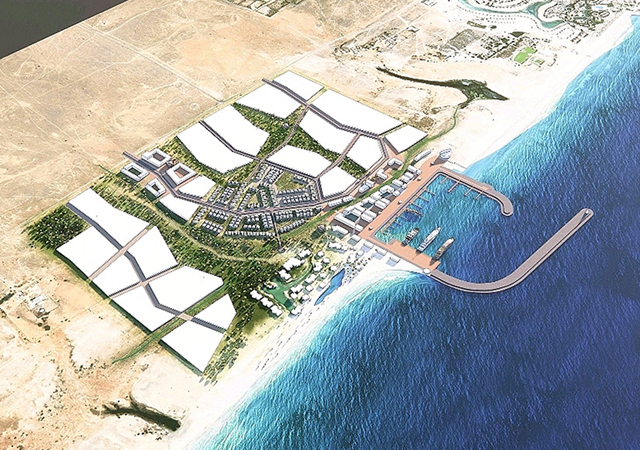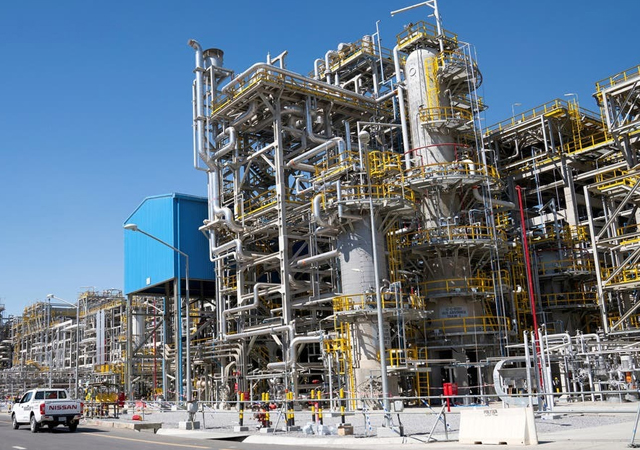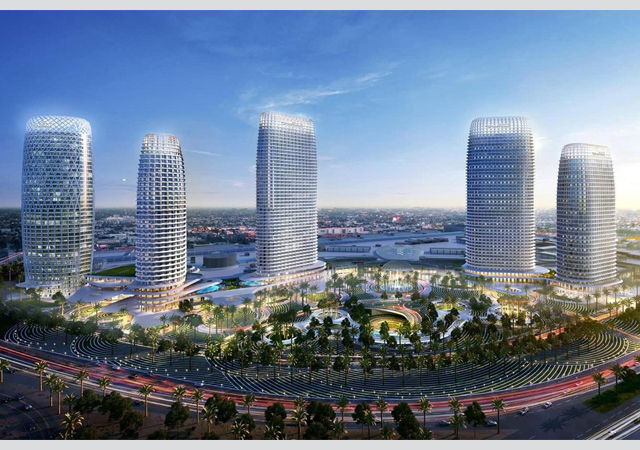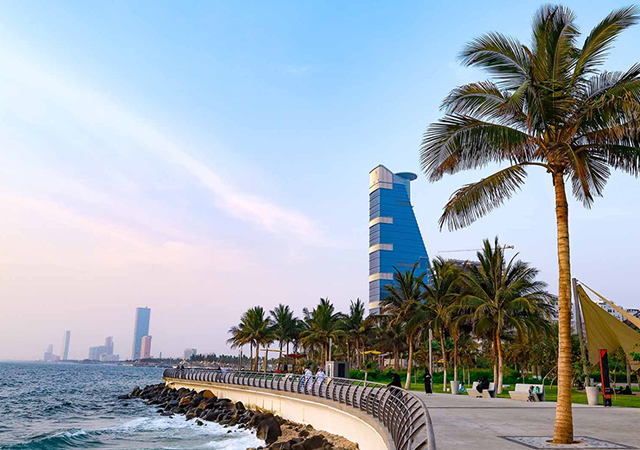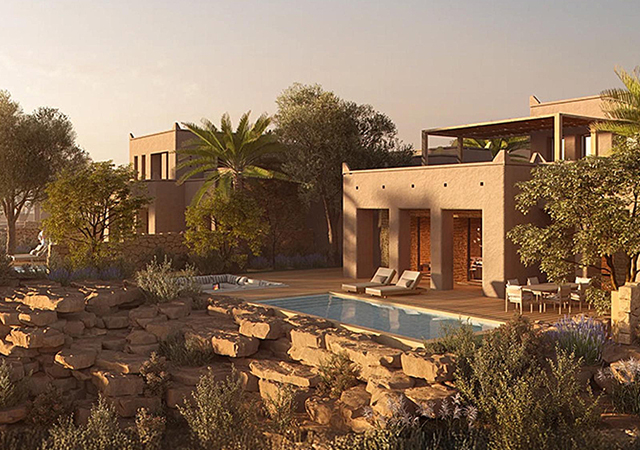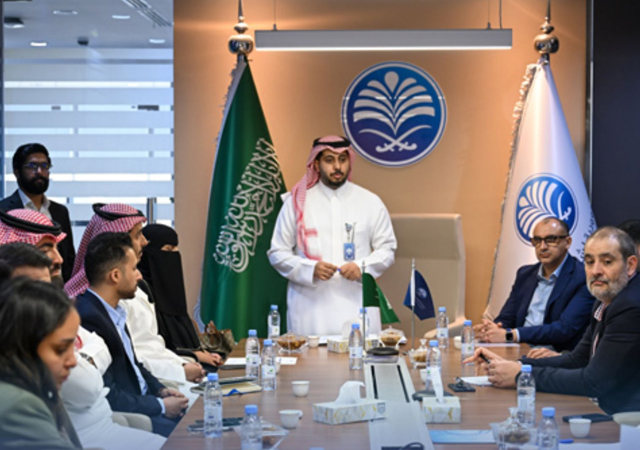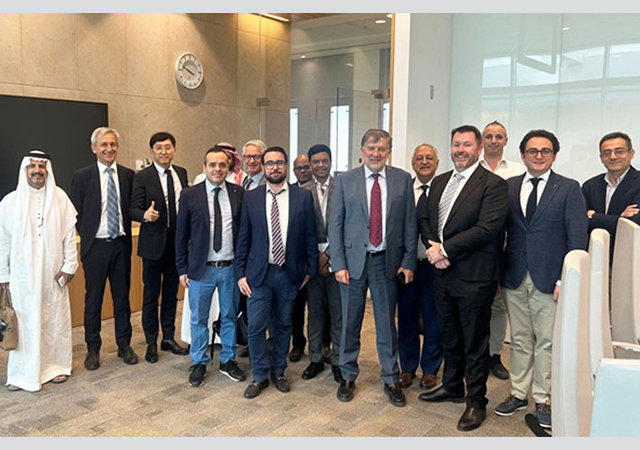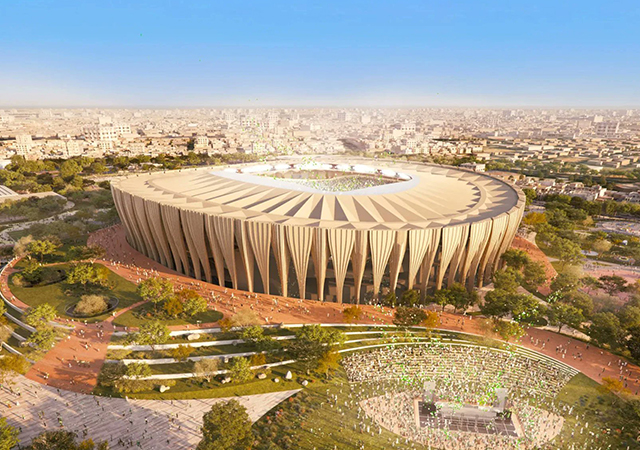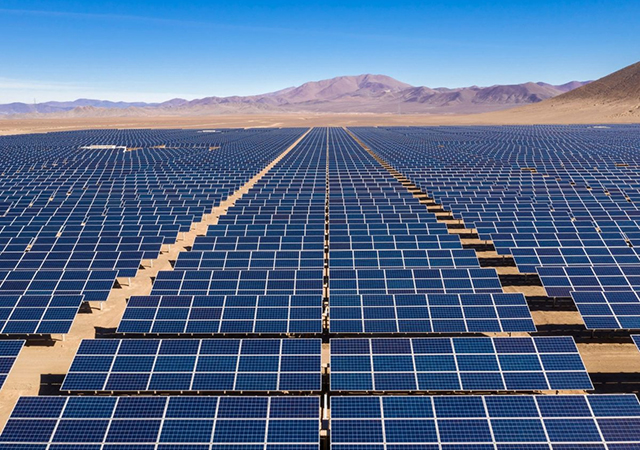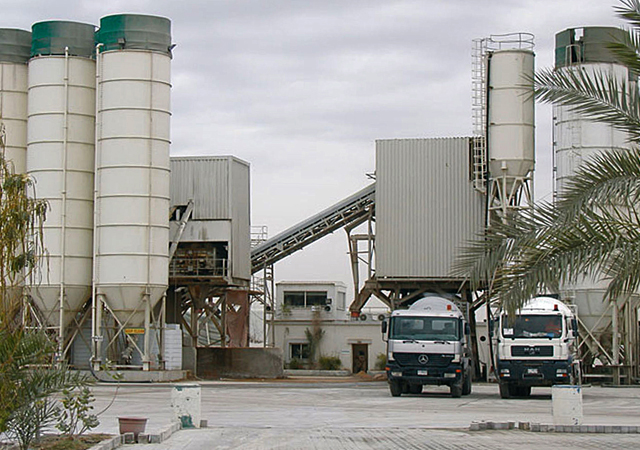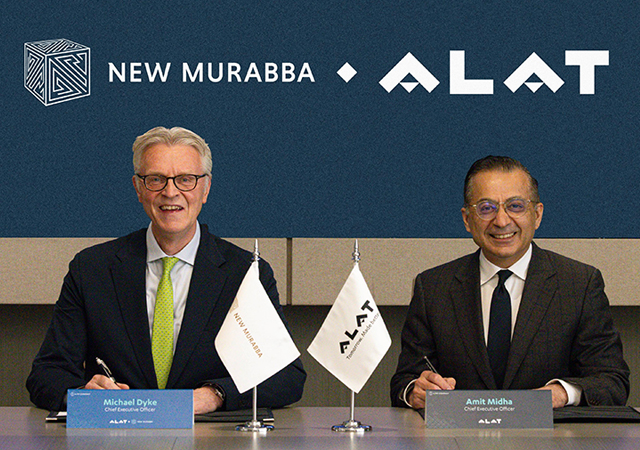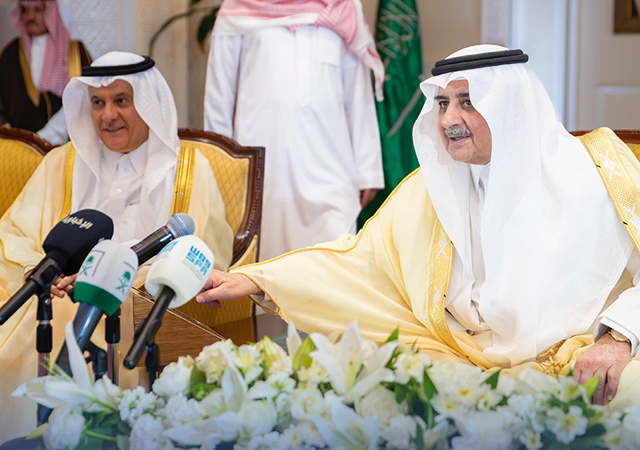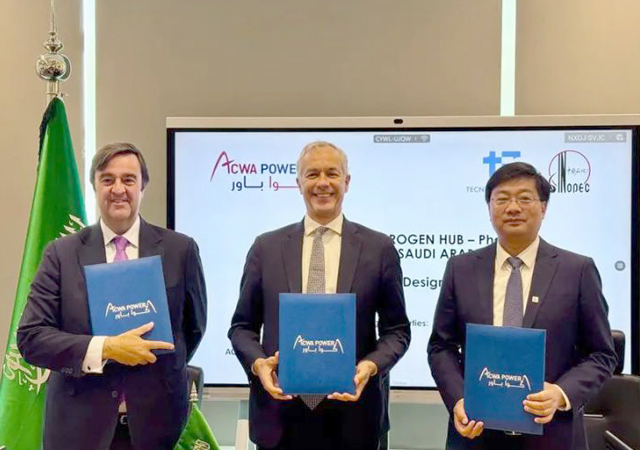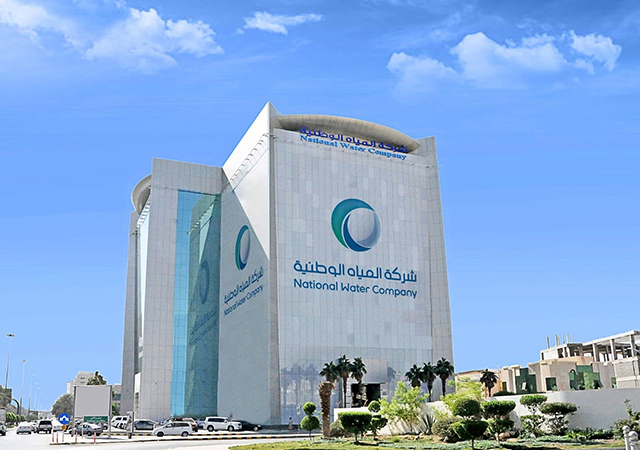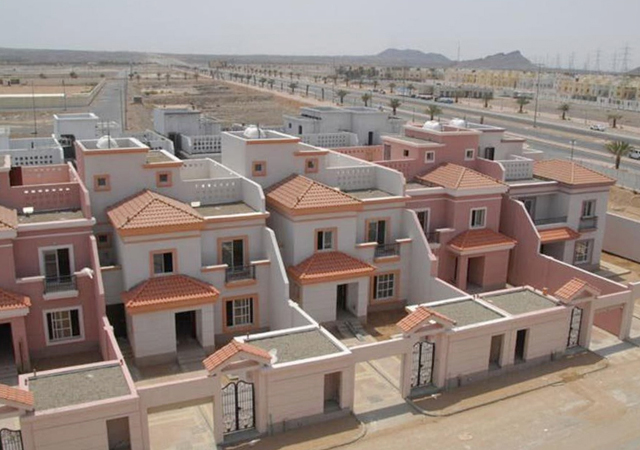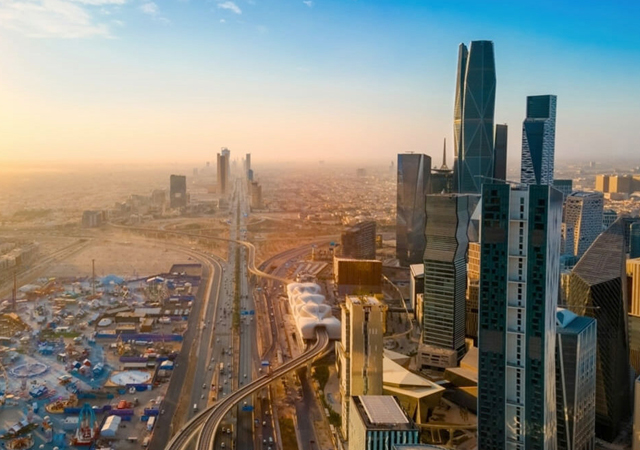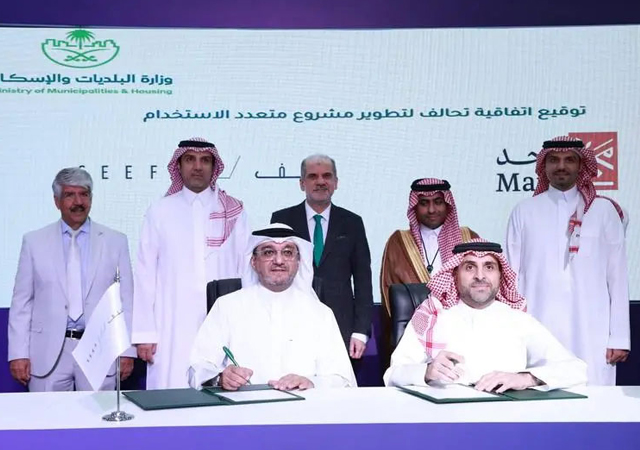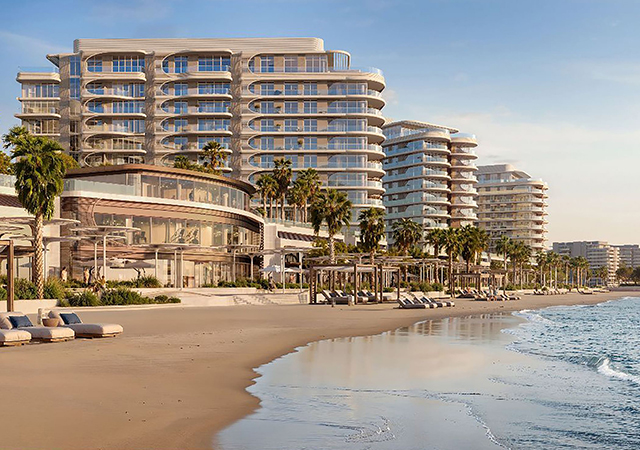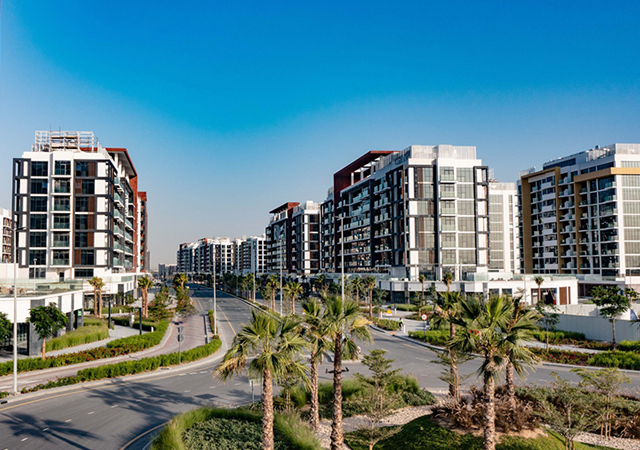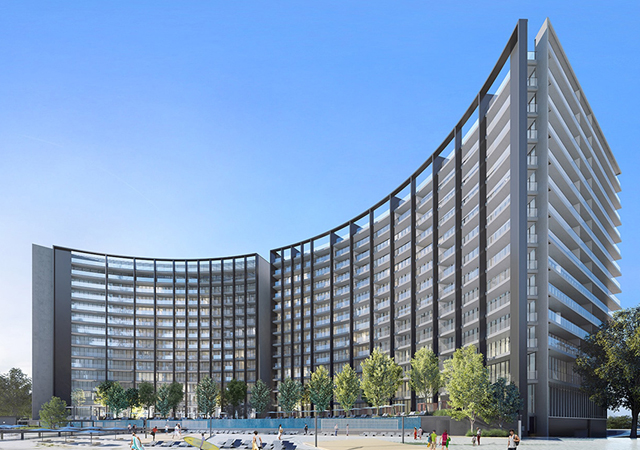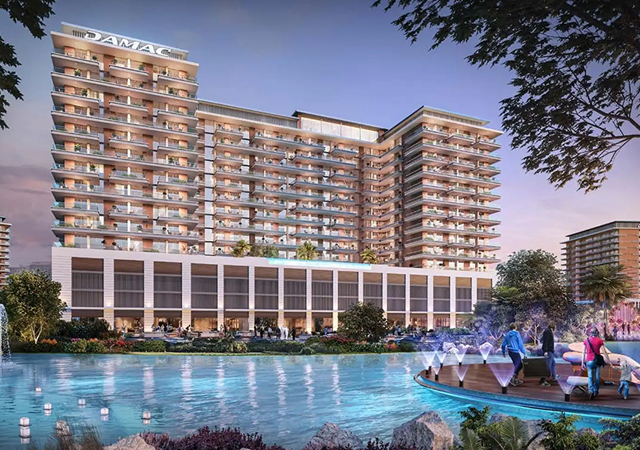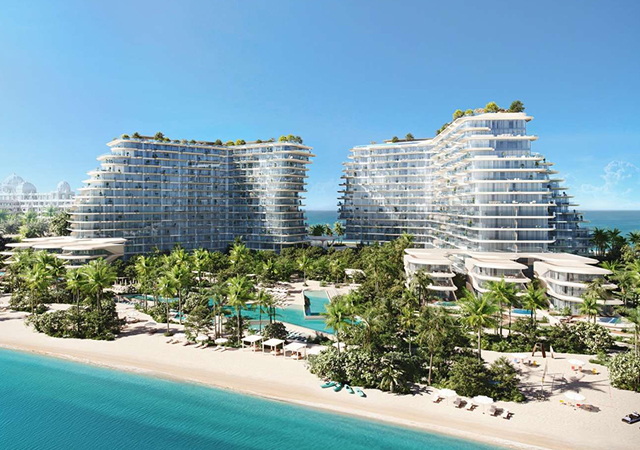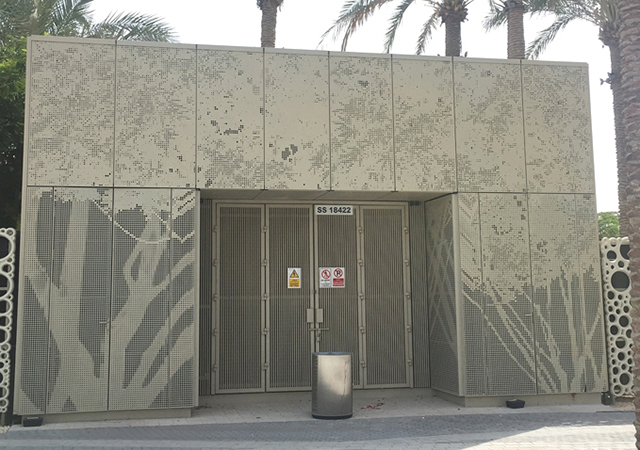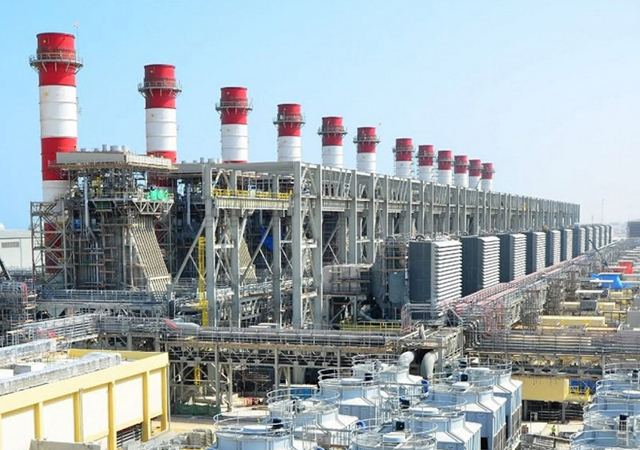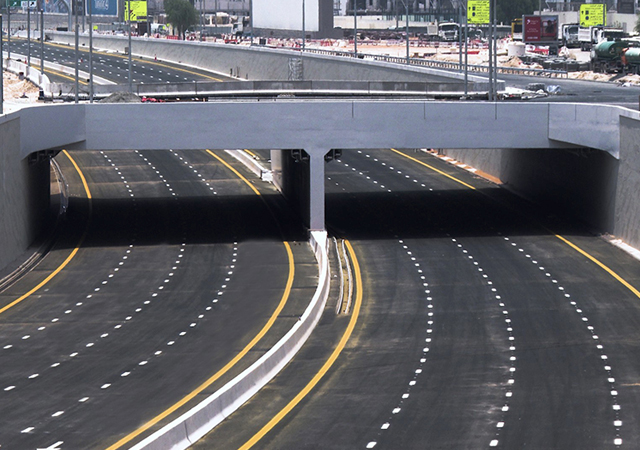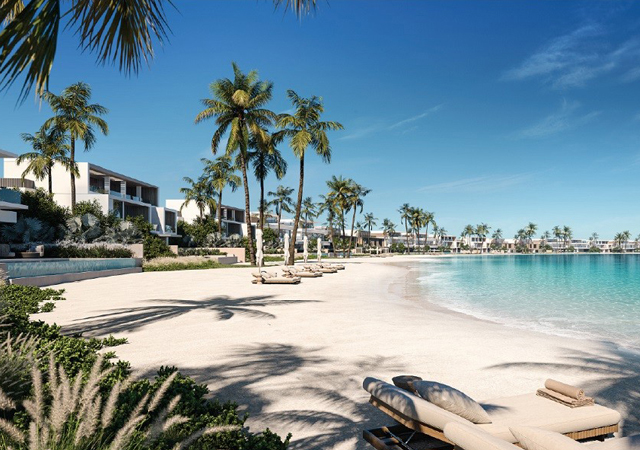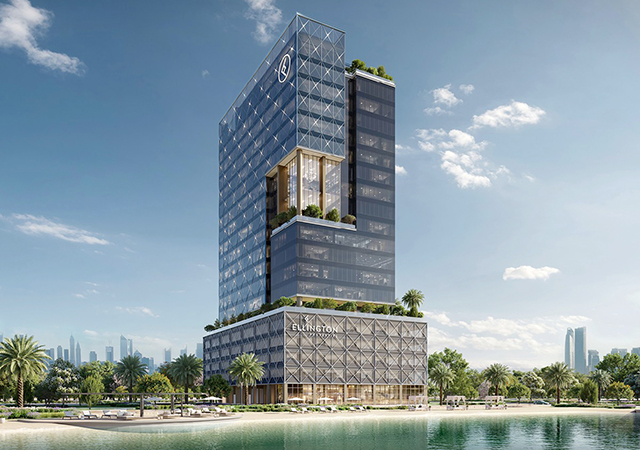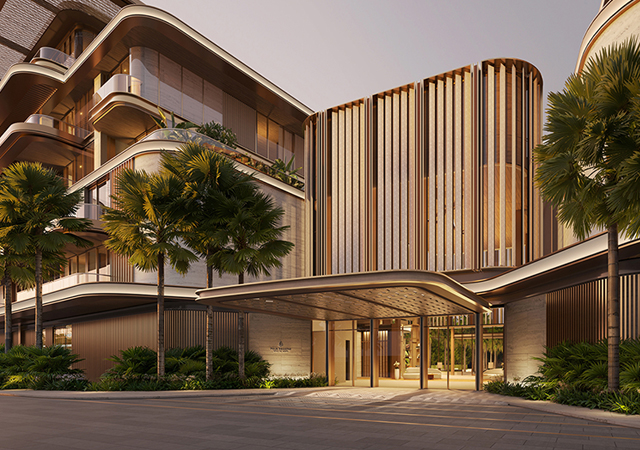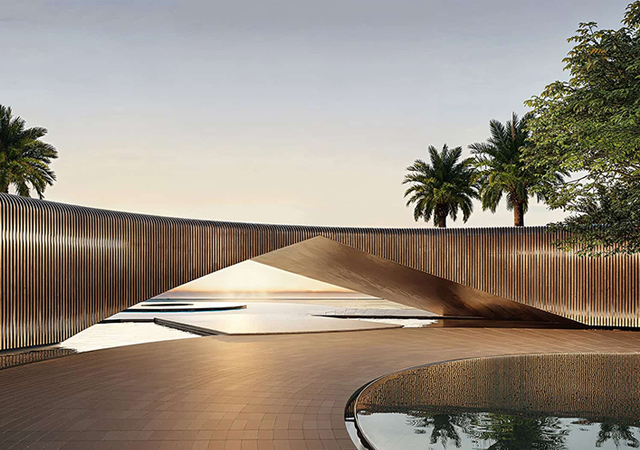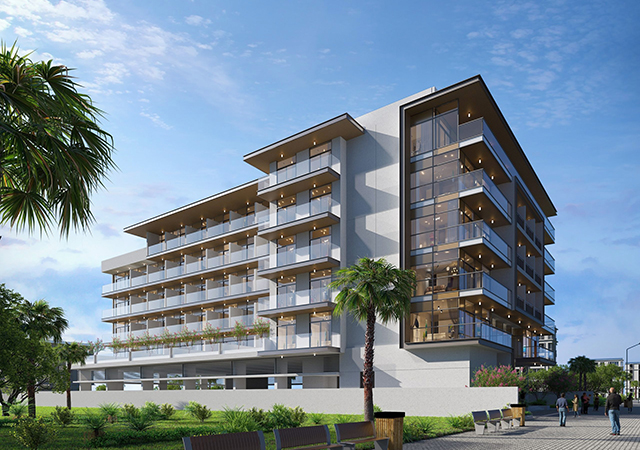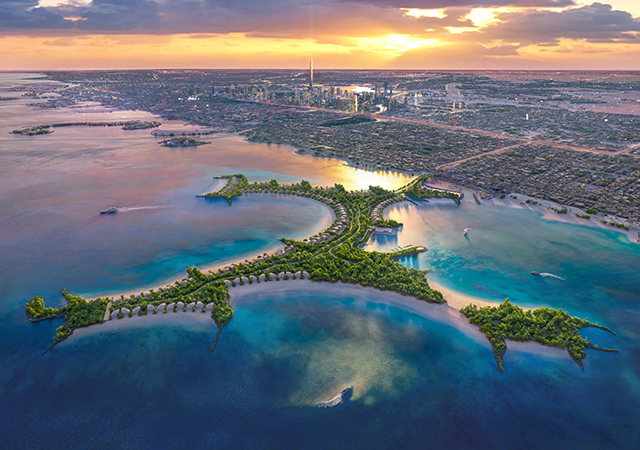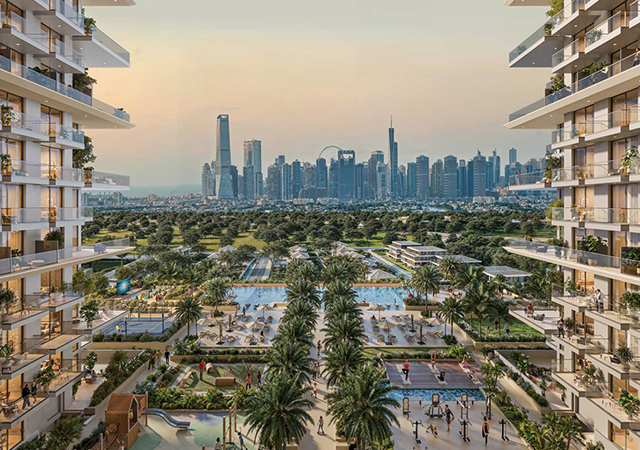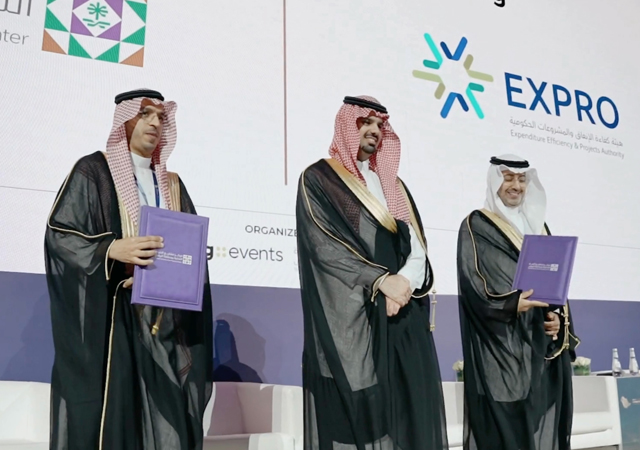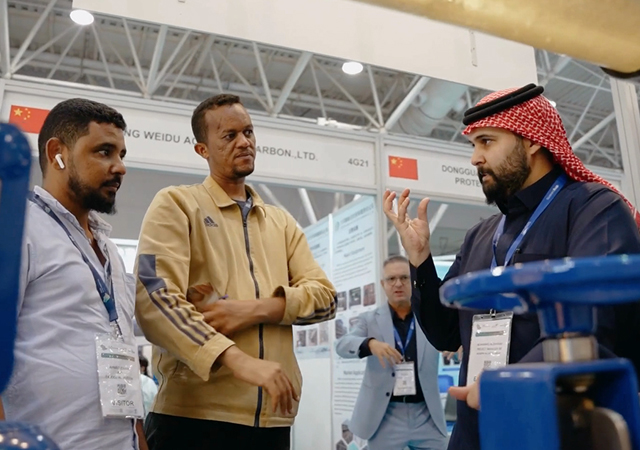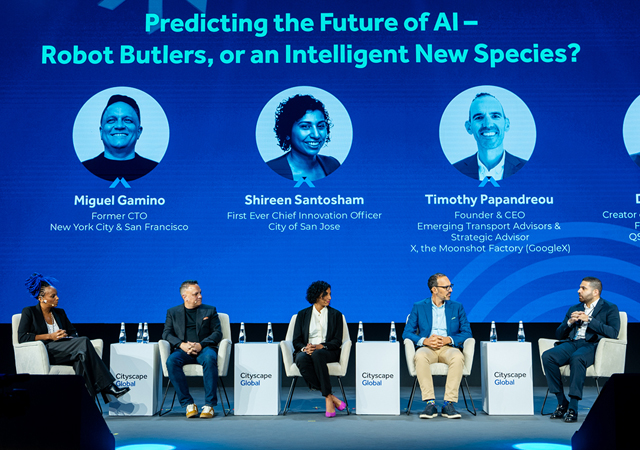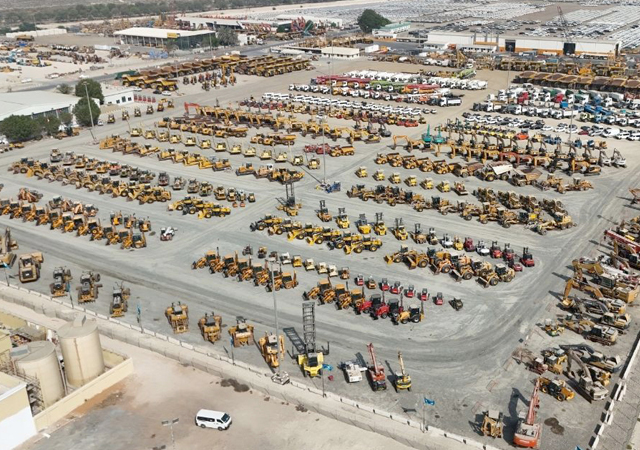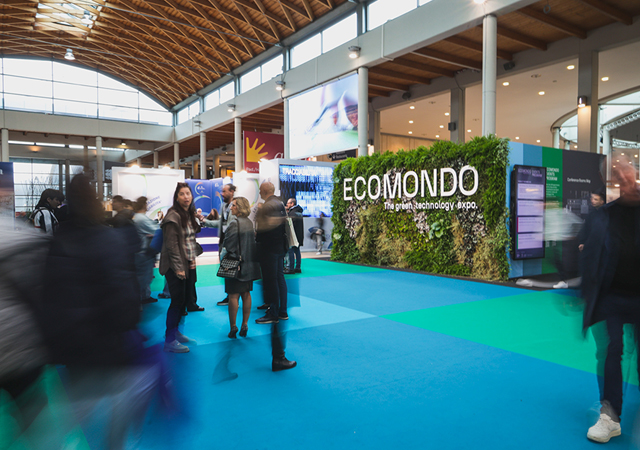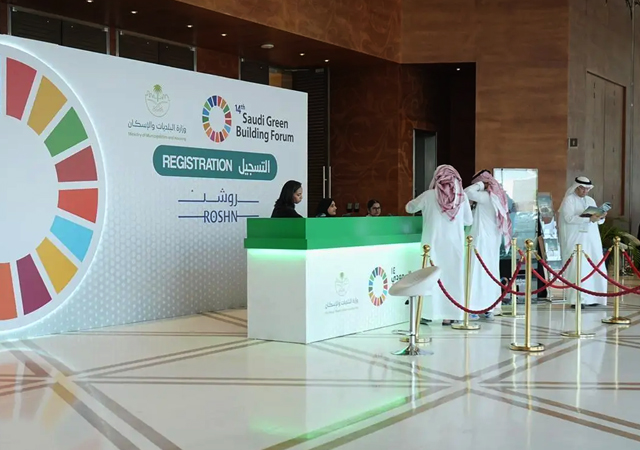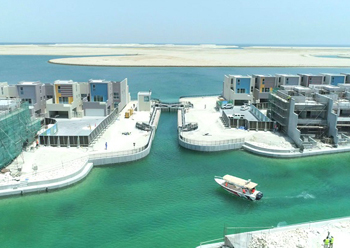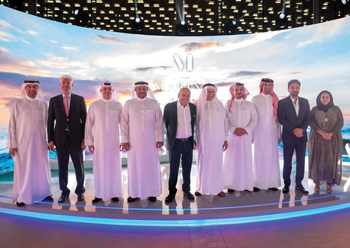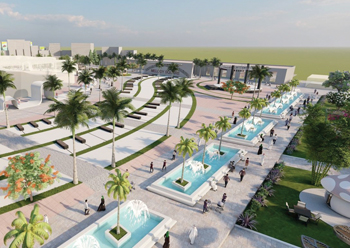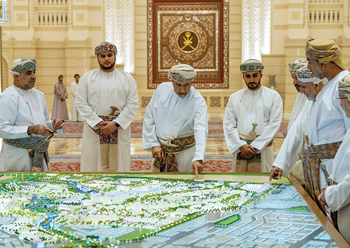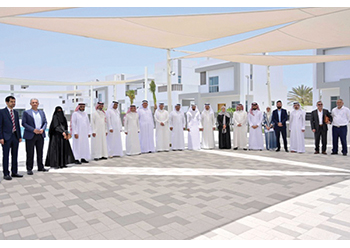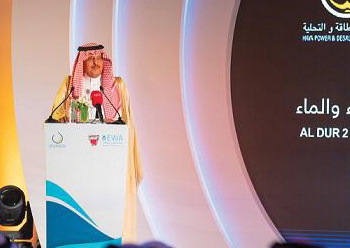
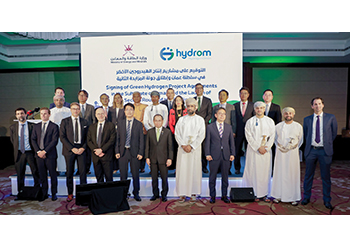 Officials after signing the deals for the green hydrogen project.
Officials after signing the deals for the green hydrogen project.
Engie, a global leader in low-carbon energy and services, together with Posco, one of the world’s largest steel producers, have announced their spearheading role in a consortium set to mobilise Oman’s renewable energy resources through the development of a 1.2-million-tons-per-year (tpy) green ammonia project.
Other partners in the consortium include Samsung Engineering, Korea East-West Power Co (EWP), Korea Southern Power Co (Kospo), and FutureTech Energy Ventures Company (a subsidiary of PTTEP).
The Engie and Posco led-consortium has been named the winner of land block Z1-02 offered by Hydrom, the orchestrator and masterplanner of Oman’s green hydrogen industry. Spanning 340 sq km, the concession block is located in Duqm, with downstream elements to be established at the Port of Duqm.
According to The Korea Economic Daily, the deal to build the plant in Duqm, a port town in east-central Oman, is worth $6.7 billion.
The land block will include a total renewable energy capacity of approximately 5 GW which comprises wind and solar power, in addition to battery energy storage (BESS) and a hydrogen plant that will produce 200 kilotons per annum (ktpa) of green hydrogen. The hydrogen will then be transported by a pipeline to the Special Economic Zone at Duqm where it will be converted into approximately 1.2 million tpy of green ammonia for export. The commercial operation date (COD) is expected by 2030.
“This venture marks a significant leap forward in its worldwide dedication to expediting the transition to low-carbon energy. Ultimately, this collaboration propels Engie toward its global ambitions of attaining a hydrogen capacity of 4GW by 2030,” said Frederic Claux, Managing Director, Flexible Generation & Retail, AMEA and Country Manager GCC from Engie.
The project contract will last for a period of 47 years, broken down into a seven-year development and construction phase followed by a 40-year operational period, and is set to roll out within a month of the contract signing.
Construction is projected to begin in 2027, with the first shipment of green ammonia to Korea planned for the second half of 2030, thereby marking a significant step in sustainable development. The consortium will carry out the feasibility and technical studies, in order to finalise the total capital expenditure requirement for the project, Engie said.



